I am trying to calculate below expression for large numbers.

Since the value of this expression will be very large, I just need the value of this expression modulus some prime number. Suppose the value of this expression is x and I choose the prime number 1000000007; I'm looking for x % 1000000007.
Here is my code.
#include<iostream>
#define MOD 1000000007
using namespace std;
int main()
{
unsigned long long A[1001];
A[2]=2;
for(int i=4;i<=1000;i+=2)
{
A[i]=((4*A[i-2])/i)%MOD;
A[i]=(A[i]*(i-1))%MOD;
while(1)
{
int N;
cin>>N;
cout<<A[N];
}
}
But even this much optimisation is failing for large values of N. For example if N is 50, the correct output is 605552882, but this gives me 132924730. How can I optimise it further to get the correct output?
Note : I am only considering N as even.